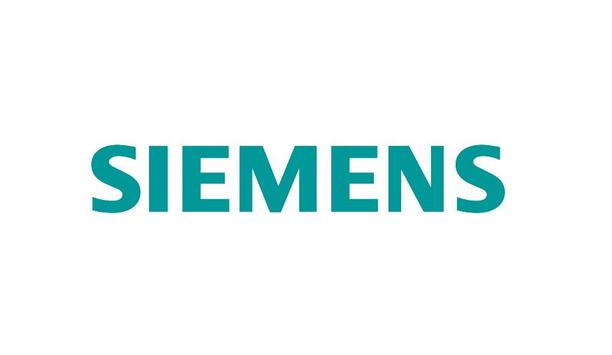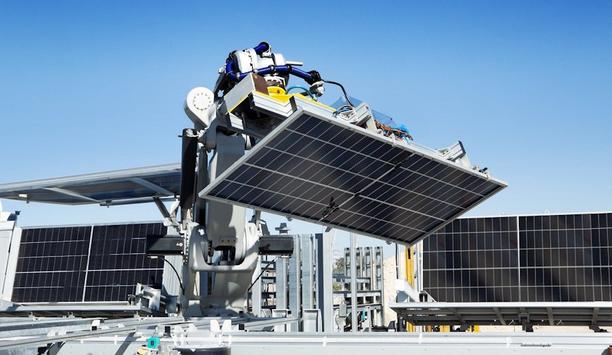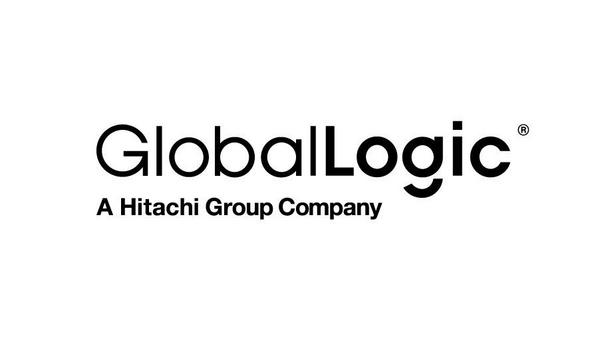This year, the winter 2021/22 season opened with anything but a warm welcome: record high gas prices, increased demand, extreme weather events and unplanned outages are just a few of the elements that will categorize the coming cold season. They may not have dragons or nine noble families fighting for the iron throne, but, ladies and gentleman, there is no doubt that winter is coming.
Gas market chaos has driven prices 280% higher than usual this year. On October 5 Europe’s benchmark natural gas future contract hit another record high, with Dutch TTF gas contract surpassing €107 per megawatt hour, a figure 14% higher than the day before and it's highest price ever. In Germany, 310,000 households face an 11.5% increase in gas bills. Low supplies of oil and gas, carbon prices, a long winter last year, reduced Russian supplies and supply chain disruptions from the pandemic are all to blame.
High demand from recovering economies
Combine this with high demand from recovering economies – as people return to offices and more buildings must be heated – and the shortages and high prices look to worsen if the winter is tough. In fact, the European benchmark natural gas future (a measurement used to specify future prices) has surged by 1,300% since May 2020. Experts have even expressed concerns that if it’s a cold winter, they might actually not have enough gas to sufficiently heat parts of Europe.
The European benchmark natural gas future has surged by 1,300% since May 2020
Rising gas prices also have flow-on effects to other areas. High natural gas prices drive fuel substitution in favor of coal and oil, which causes an increase in CO2 emissions. Because 23% of electricity in the EU and around 40% in the US and UK is generated from gas, electricity bills are also experiencing a subsequent rise.
Fossil fuel boilers
They believe, however, that there might actually be a silver lining to the volatile prices. Studies show that when energy prices go up, the demand for hybrid vehicles and solar panels also experiences a spike. With increased electrification and coupling of sectors, this represents an opportunity to decarbonize the heating sector.
Natural gas is made up mostly of methane – the latest IPCC report showed they need to take a harder stance against methane as it has more than 80 times the global warming power of carbon dioxide when considered over a 20-year period. In fact, in its roadmap to net zero, the International Energy Agency (IEA) stipulates that bans on new fossil fuel boilers need to start being introduced globally in 2025 if the world is to achieve net-zero emissions by 2050.
Energy consumption in households
85% considered the heating transition to be the most important levers to decarbonization
The heating transition is a pivotal component of the energy transition. In the EU, space heating is responsible for 63.6% of energy consumption in households. When combining the decarbonization of the electricity sector and an efficiency of 2 to 4 times greater than that of natural gas heating, introducing heat pumps alone could reduce building emissions by up to 50%.
In a recent survey of 100 utilities and regional energy providers in Germany, 85% considered the heating transition to be the most important levers to decarbonization. At the same time, the heating transition can help to guarantee energy security by maintaining a steadier, more secure supply and lower costs for all end users around the globe.
Power to heat to the rescue
Heat pumps are a relatively new technology that take heat from the air outside, or the ground, and use electricity to circulate it around a central heating and hot water system. By enabling power to heat, they are far cleaner and more energy efficient than gas. When using renewable energy, they are even more sustainable.
The UK government aims to encourage the installation of 600,000 heat pumps a year by 2028
In its bid to massively reduce household use of greenhouse gases to net zero by 2050, the UK government aims to encourage the installation of 600,000 heat pumps a year by 2028. They are also on the rise in Europe. Between 2007 and the end of 2020, nearly 15 million heat pump units were installed across 21 countries in Europe, with Germany, France and Italy accounting for a large proportion of those sales.
Hybrid heating systems
Many countries are now offering incentives or subsidies to encourage a more rapid switch to heat pumps. A new German federal subsidy for efficient buildings, for example, offers building owners of renovators subsidies of 35-50% if they install heat pumps or hybrid heating systems.
However, installing more heat pumps is just one part of the puzzle. Without additional innovations, heat pumps will place a large burden on the electrical grid, potentially making power cuts more likely. Because households are more likely to use heating at the same time of year and day, they will cause more extreme peaks. For example, if the UK were to install 5.7 million heat pumps by 2035, they would require a reinforcement of 42% of the distribution network, which could cost £40.7 billion.
Low-carbon heating solutions
By combining a heat pump with a PV system to produce electricity locally, buildings can simultaneously become more self-sufficient – no longer subject to volatile oil and gas prices – and reduce strain on the grid.
Add in other assets such as battery systems and electric vehicles, and the independence and savings increase. Smart energy management systems like XENON are crucial here to intelligently control these decentralized assets.
Smart and integrated energy management
Managing supply and demand in the new energy era without expensive upgrades to grid infrastructure requires smart, connected systems, as well as incentives for users to heat homes when it’s cheaper.
Harald Siebenweiber, Head of Implementation and Customer Success at gridX says, “In order to decarbonize the heating sector within the necessary timescales we must not only electrify heating but also turn to new technologies. Innovations like platforms and increased connectivity will be key to scaling low-carbon heating solutions and dealing with the shift in electrical demand and supply. We also need to stop talking about the heating sector in isolation – all sectors in energy must work together and we must focus on holistic solutions that optimize energy usage across the board.”
Integrated flexible generation assets
Their gridX team conducted simulations over an entire year and found that by controlling a heat pump
According to Jan Konopka, Senior Solution Manager at gridX, "Energy providers that want to enable the heating transition rather than falling behind must ensure compatibility with an energy management system and become smart grid ready. This is the absolute foundation." Their gridX team conducted simulations over an entire year and found that by controlling a heat pump that provides a house, which has flat electricity tariffs, with space heating and cooling, as well as domestic hot water, costs can be lowered by an impressive 7%. The details of the simulation are below.
Energy providers are beginning to realize that only with further electrification and integrated flexible generation assets that draw energy from each other to optimize usage can the heating transition be successfully achieved. Leveraging new technology to enable smart energy management is the most effective way to quickly scale low-carbon heating solutions like heat pumps.
On top of this, they can’t only think of the heating transition in isolation – while it may be one of the most carbon-intensive elements, only through sector coupling and holistic energy management systems can the energy transition, heating transition and mobility transition simultaneously be facilitated.






